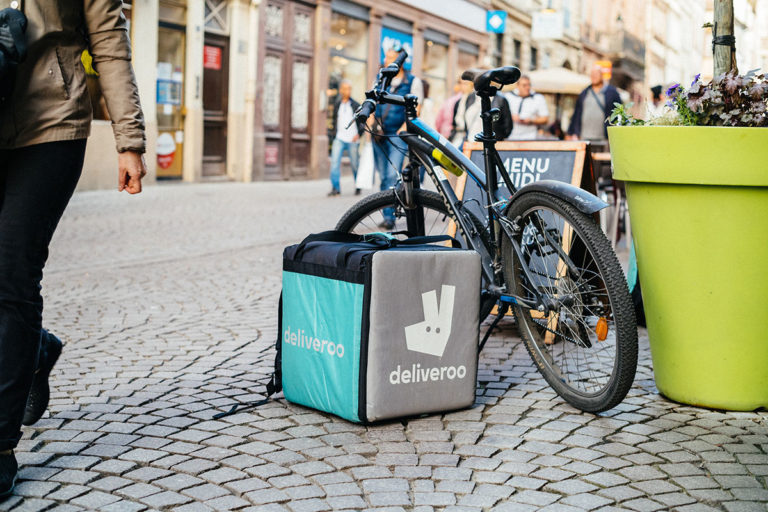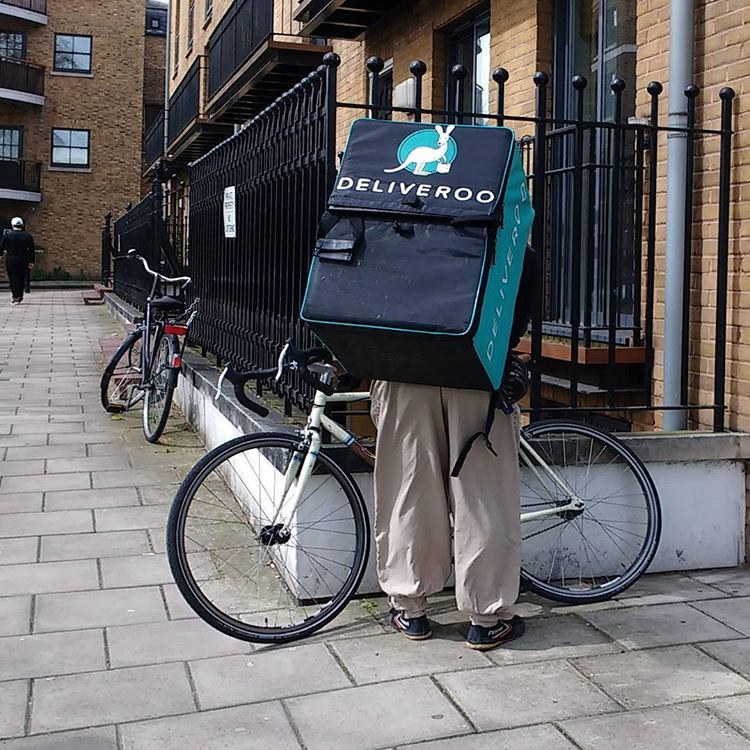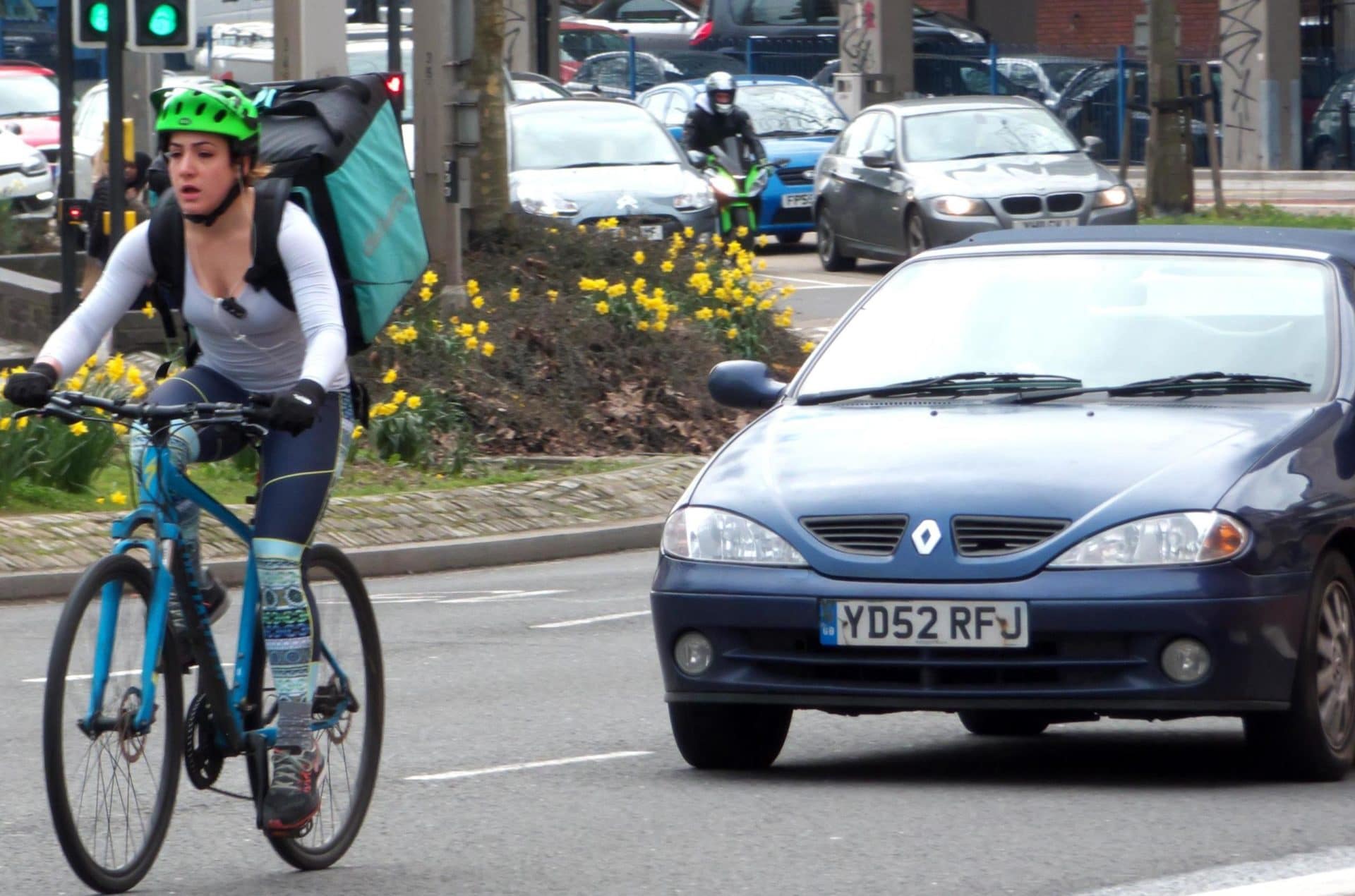
There is no doubt that an efficient delivery platform plays a major role in many restaurants’ business plans. Over the past 14 months this has been more evident than ever before. When restaurants around the World were ordered to close their doors to customers because of the Covid pandemic it was a case of quickly finding a solution in order for the business to survive.
Restaurants that had never previously considered a takeaway option were forced into a position where they had no other option and had to quickly get their food out there to their customers. It is not surprising then that delivery platforms such as Deliveroo have had a bumper year!
The format is simple; as a restaurant you register to become a “partner”, you receive a computer tablet to manage orders and orders start arriving. All is great – but is it? Obviously there is a commission charge to pay, how much depends on the size of your restaurant or restaurant group, some individual restaurants are being charged 35% plus VAT. If, as a restaurateur, you feel you can take that hit to your gross margin inorder to gain extra business, then fine.

The upside is that Deliveroo will list you on their site and give you a ranking dependent on reviews, so the better you perform the more orders you will receive. However, many restaurateurs have complained that initially they have a highly visible ranking but soon disappear down the list as new restaurants join the platform. You may consider all of this as just being the cost of doing business and that Deliveroo have their own overheads and investors to answer to. But, for me, this is not the real issue – I will try to explain.
Setting up a restaurant or takeaway business is expensive, time consuming and damned hard work. Getting that business established in your chosen area, gaining loyal customers and a decent reputation takes years. You take all the help available and promote your business through every means you consider viable. But what if you are unwittingly giving away all your hard-earned marketing research.
Every time you receive an order through Deliveroo they gather your customers’ details, demographics, address, age and eating preferences. What if that same company then set up a kitchen within your area to specifically prepare delivery food? A couple of portable containers on wasteland, low rent, no shopfront to maintain and extremely competitive pricing because the overheads are nowhere near the same as yours. Welcome to Deliveroo Editions.
For young chefs or under-funded restaurateurs the idea of renting a kitchen on an industrial piece of land is a great way to get into the restaurant game. Test the market, see if there is demand for your product, while keeping the risk minimal. Unfortunately, the cost of setting up a shop-front restaurant in some towns and prime locations is prohibitive. You have no staffing issues as Deliveroo will provide the delivery service.

They also advise and provide packaging and have on-site business managers to help you grow. If it doesn’t work for you try a different location where there are other delivery kitchens set up. Deliveroo insists that its Editions format is designed to help existing restaurants situated on the high street. I should point out that Deliveroo are not the only group now involved in off-site delivery only kitchens and that in Miami, Florida a company is trialling the use of robots to deliver meals – you can bet I’ll be writing about that in the future!
So what is this doing to the future of traditional takeaway and dine-in restaurants? There is a growing number of restaurateurs who feel that the likes of Deiliveroo are stealing their customers. With fancy algorithms these delivery platforms have gained an enormous amount of data concerning people’s eating habits. They know, for example, that on a Saturday afternoon with an important football game televised there will be an increased demand for chicken wings and burgers and can adapt their kitchens and ordering app accordingly.
Customers are fickle entities and don’t always have the loyalty you would hope for. They will undoubtedly look for a combination of convenience and price. One thing that we have all learned in the past year, while facing lockdowns, is that it is easy to order anything using an app, and that goes for restaurant delivery, but do we really know, or care, where the meal was produced and whether or not we are supporting our local eatery.
These new kitchens, known as “Dark KItchens” are easily transportable and can, therefore, be moved into an area if demand dictates or moved out leaving desolation in its wake. You, the traditional restaurateur, who has invested time and money into your premises could suddenly be ruined by a company that you thought was there to help you succeed.
There is à ray of light round the corner. There is à movement to provide local, ethical delivery platforms aimed at small independent restaurants who can market directly to their customers. In North London a former Deliveroo rider is creating a delivery platform that will provide a living wage to drivers, use zero-emission vehicles and not work with large restaurant chains or “dark kitchens”. The founder of FoodeBikes believes that as the UK moves away from the pandemic there will be increased consumer demand to support local restaurants – let’s hope so!